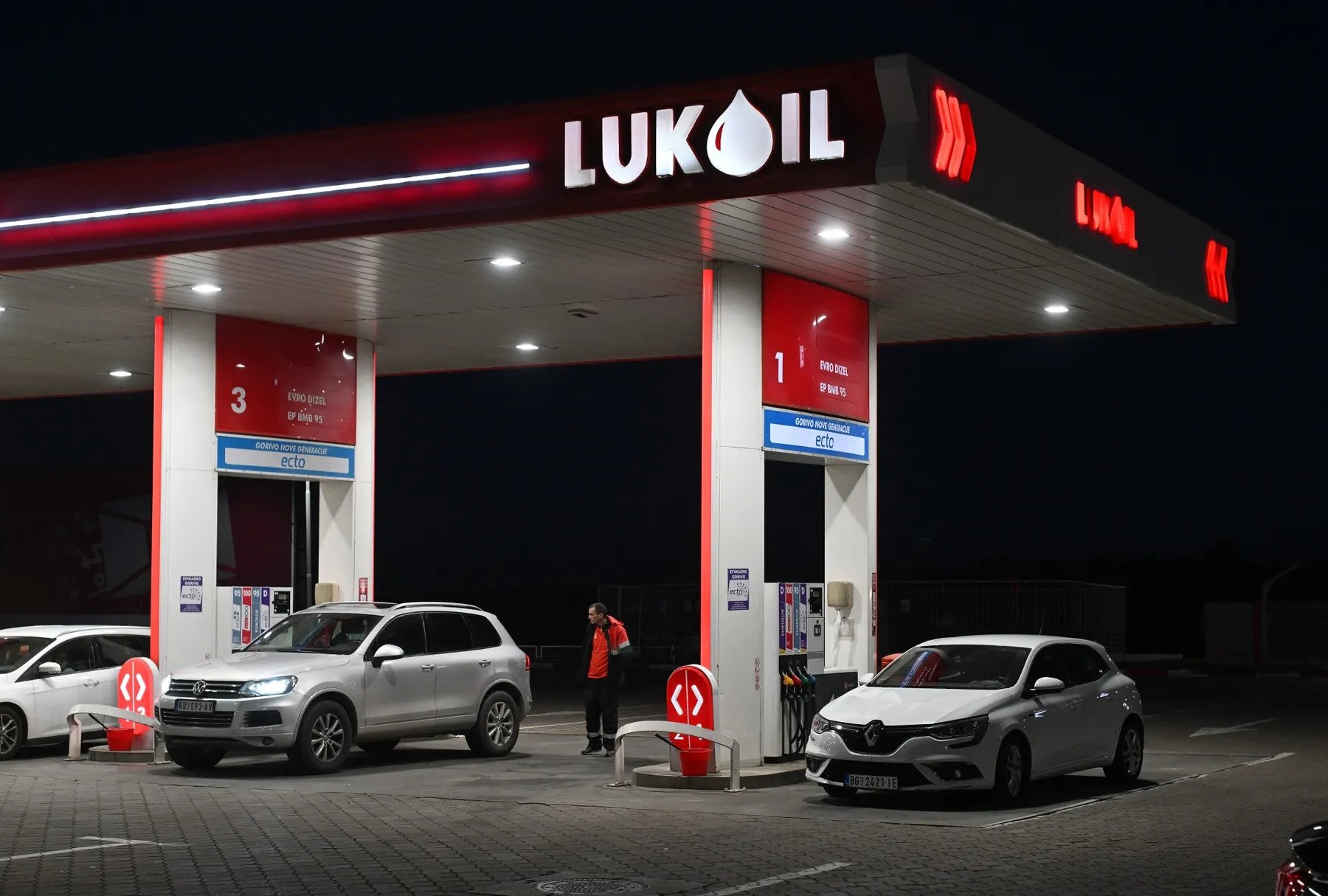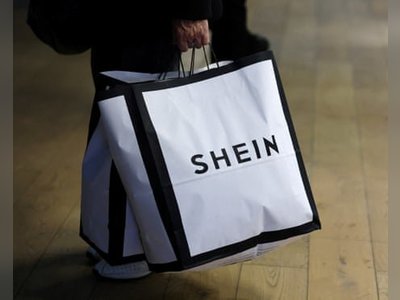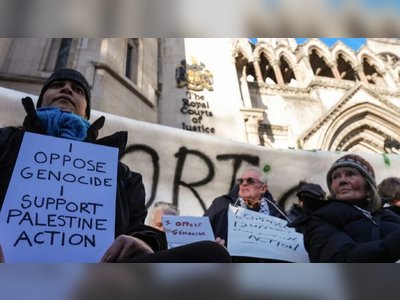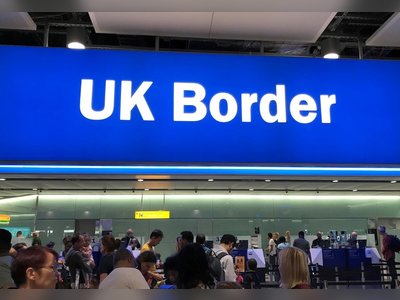
UK Grants Temporary Exemption for Lukoil Bulgarian Units, Delaying Full Sanctions Until February 2026
Despite asset-freeze measures, London allows Lukoil’s Bulgarian refinery and gas stations a wind-down grace period to avoid regional energy disruption
The United Kingdom has postponed full enforcement of sanctions on parts of Lukoil, extending permission for transactions involving its Bulgarian subsidiary until February 14, 2026. This follows the UK’s designation of Lukoil among Russia’s main oil firms subject to asset freezes in October 2025, but signals a temporary reprieve — especially for the Burgas refinery and associated fuel-service infrastructure active in Bulgaria.
Under the “wind-down” licence issued by the UK’s Office of Financial Sanctions Implementation, Lukoil Bulgaria EOOD and Lukoil Neftochim Burgas AD may continue to receive payments and transact with UK persons until the February deadline.
The move is aimed at safeguarding fuel supply and avoiding a potentially destabilising shutdown of Bulgaria’s largest refinery, which supplies a substantial share of the country’s fuel demand.
The exemption arrives as several Western countries, including the United States and European Union, jointly escalate sanctions on Russia’s energy sector — targeting not only upstream oil companies but also “shadow-fleet” tankers and various refineries globally.
In parallel, Lukoil announced plans to divest its international assets, a process that gained urgency after a major proposed sale to the commodity trader Gunvor was blocked by U.S. authorities.
As a result, Lukoil faces a complex unwinding of operations across multiple jurisdictions.
Observers say the UK’s temporary waiver underscores the tension between hardline sanctions and regional energy security.
For Bulgaria, the window offers critical breathing space to manage refinery operations, address supply continuity and restructure ownership if necessary.
For London, it maintains sanctions pressure while limiting collateral damage to European fuel supply chains, especially ahead of winter.
The February 2026 deadline will test whether Bulgaria can stabilise its energy supply without reliance on Lukoil’s sanctioned structures — and whether remaining Western sanctions will tighten enforcement across all Lukoil subsidiaries globally.
The decision thus reflects a balancing act between geopolitical objectives and practical energy-security concerns.
Under the “wind-down” licence issued by the UK’s Office of Financial Sanctions Implementation, Lukoil Bulgaria EOOD and Lukoil Neftochim Burgas AD may continue to receive payments and transact with UK persons until the February deadline.
The move is aimed at safeguarding fuel supply and avoiding a potentially destabilising shutdown of Bulgaria’s largest refinery, which supplies a substantial share of the country’s fuel demand.
The exemption arrives as several Western countries, including the United States and European Union, jointly escalate sanctions on Russia’s energy sector — targeting not only upstream oil companies but also “shadow-fleet” tankers and various refineries globally.
In parallel, Lukoil announced plans to divest its international assets, a process that gained urgency after a major proposed sale to the commodity trader Gunvor was blocked by U.S. authorities.
As a result, Lukoil faces a complex unwinding of operations across multiple jurisdictions.
Observers say the UK’s temporary waiver underscores the tension between hardline sanctions and regional energy security.
For Bulgaria, the window offers critical breathing space to manage refinery operations, address supply continuity and restructure ownership if necessary.
For London, it maintains sanctions pressure while limiting collateral damage to European fuel supply chains, especially ahead of winter.
The February 2026 deadline will test whether Bulgaria can stabilise its energy supply without reliance on Lukoil’s sanctioned structures — and whether remaining Western sanctions will tighten enforcement across all Lukoil subsidiaries globally.
The decision thus reflects a balancing act between geopolitical objectives and practical energy-security concerns.









